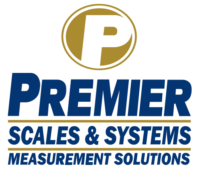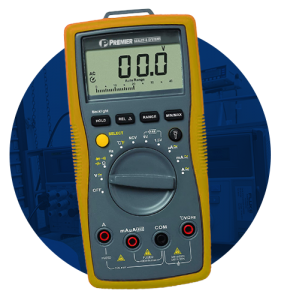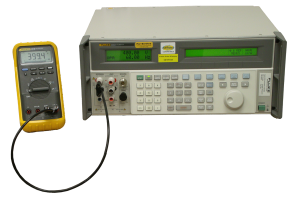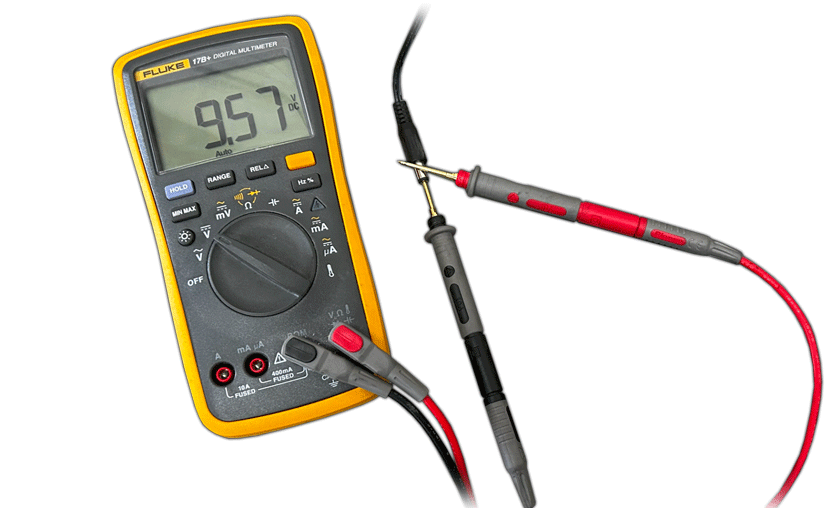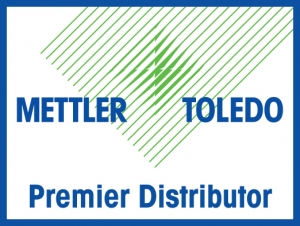The Essential Role of Multimeters in Electrical Diagnostics
In the realm of electrical diagnostics and troubleshooting, the multimeter stands out as a versatile tool that serves as the backbone of precision measurement. Often hailed as the Swiss Army knife of electronic testing equipment, multimeters play a crucial role across various industries, from electronics and automotive to telecommunications and renewable energy. In this article, we delve into the multifaceted applications of multimeters, showcasing their indispensable utility and impact across diverse fields as well as the importance of calibration.
Understanding Multimeters
Before diving into their applications, let’s unravel the anatomy of multimeters. At its core, a multimeter is a handheld device used to measure several electrical characteristics, including voltage, current, and resistance. Equipped with probes and a digital display, multimeters provide accurate readings, making them indispensable for diagnosing electrical issues and ensuring optimal performance.
Applications in Electronics and Electrical Engineering
In the realm of electronics, multimeters are akin to a surgeon’s scalpel, offering precise insights into circuit behavior. From testing voltage levels in integrated circuits to troubleshooting faulty components, multimeters aid engineers and technicians in designing, debugging, and maintaining electronic devices. Whether it’s assessing the health of a power supply unit or determining the continuity of a circuit, multimeters provide invaluable assistance in ensuring electrical systems operate flawlessly.
Automotive Diagnostics and Maintenance
In the automotive industry, multimeters are indispensable companions for mechanics and automotive technicians. With the intricate electrical systems powering modern vehicles, diagnosing faults requires pinpoint accuracy. Multimeters assist in testing batteries, alternators, and ignition systems, facilitating efficient troubleshooting and preventive maintenance. Whether it’s identifying a faulty sensor or diagnosing a parasitic battery drain, multimeters streamline automotive diagnostics, minimizing downtime and enhancing vehicle reliability.
Telecommunications and Networking
In the interconnected world of telecommunications and networking, multimeters serve as essential tools for maintaining signal integrity and network reliability. Telecom technicians rely on multimeters to measure voltage levels in communication circuits, troubleshoot connectivity issues, and ensure data transmission accuracy. From testing Ethernet cables to diagnosing faults in telecommunication infrastructure, multimeters play a pivotal role in keeping communication networks operational and responsive to the demands of modern connectivity.
Importance of Calibration for Multimeters
While multimeters are revered for their accuracy and reliability, it’s essential to highlight the significance of calibration in maintaining their precision. Calibration is the process of ensuring its readings align with recognized standards and accurately reflect the measured values. Here’s why calibration is crucial:
Ensures Accuracy and Reliability
Over time, factors such as environmental conditions, usage, and aging components can impact the calibration of a multimeter. Calibration verifies that the instrument provides accurate measurements within specified tolerances, preventing errors that could compromise the integrity of diagnostic tests and measurements. By calibrating multimeters regularly, users can trust the reliability of their readings, fostering confidence in critical decision-making processes. Incorrect multimeter readings could have disastrous consequences for example, if a multimeter displays a false reading indicating that a circuit has no voltage when it actually does, a technician might assume its safe to work on which could lead to accidental electrocution.
COMPLIANCE WITH STANDARDS & REGULATIONS
In many industries, adherence to quality standards and regulatory requirements is paramount. Calibrating multimeters ensures compliance with industry standards and regulations governing measurement accuracy and precision. Whether it’s ISO standards for quality management or safety regulations in hazardous environments, calibrated multimeters demonstrate commitment to quality, safety, and professionalism. Regular calibration not only guarantees accurate measurements but also helps in meeting audit requirements by providing documented evidence of calibration procedures. Furthermore, compliance with standards and regulations not only enhances customer confidence but also mitigates legal and financial risks associated with non-compliance.
FACILITATES TRACEABILITY AND DOCUMENTATION
Calibration involves meticulous record-keeping of calibration procedures, adjustments made, and measurement results. This documentation provides a traceable history of the multimeter’s performance, facilitating compliance audits, troubleshooting, and quality assurance processes. By maintaining comprehensive calibration records, users can track instrument performance over time, identify trends, and proactively address any deviations from expected values. Moreover, having detailed calibration records enables users to identify patterns or recurring issues, leading to more effective preventive maintenance strategies. Additionally, traceable documentation ensures transparency and accountability, bolstering confidence in the reliability of measurement data and decision-making processes.
Bottom Line
In conclusion, the ubiquity of multimeters across industries underscores their unparalleled versatility and importance in the realm of electrical diagnostics and measurement. From electronics and automotive to telecommunications and renewable energy, multimeters serve as indispensable tools for engineers, technicians, and enthusiasts alike. As technology advances and industries evolve, multimeters will continue to play a pivotal role in ensuring the reliability, efficiency, and safety of electrical systems across diverse applications. Embrace the power of precision with multimeters and unlock a world of possibilities across multiple fields and industries.
Premier Scales & Systems ISO/IEC17025 Accredited Calibration Services
Premier is home to the area’s largest ISO/IEC17025 accredited calibration scopes meaning we are truly a full-service calibration company. This full-service approach means one company, one point of contact, and one invoice for any metrology need. You can rely on Premier Scales & Systems for accurate results that do more than keep you in compliance but also increase the life and efficiency of your measuring equipment.
